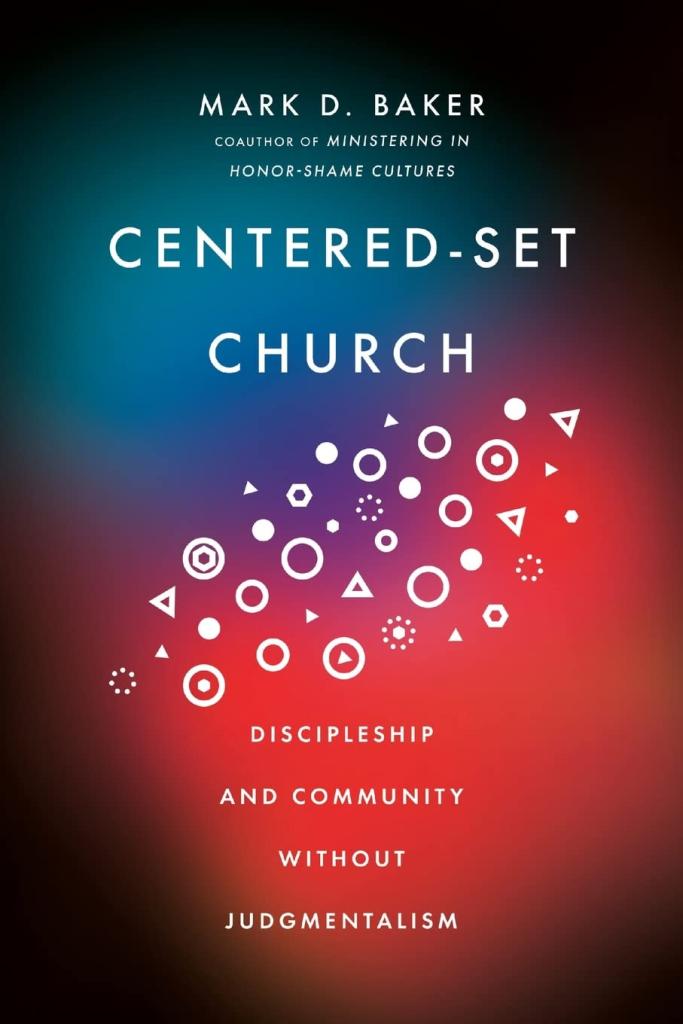God’s grace is an invitation to have relationship. That relationship creates an obligation, which is inherent to any relationship. We should love and honor Him. We belong to His family and so are not independent of other believers.

Here is a key objection:
a gift that expects reciprocity (some future response) is not free grace. It is more like a down-payment conditioned on our future response.
Is Grace Conditional?
I have a few answers to this objection.
1. Don’t confuse a future response with a pre-condition.
On this point, it is utterly critical to recall the six facets of grace list in my first post. God’s grace is perfected when He gives his gift without regard for the worth of the recipient. (In my first post, this was called “incongruity.”) This aspect of grace concerns the pre-condition to receiving grace.
Barclay distinguishes the “incongruity” grace from the “non-circularity” of grace, i.e. the expectation of the recipient’s future reciprocation/response to a gift. Notice––the gift is given first. It is not a pre-condition to receiving grace. Grace is given without worth; hence it is free; but is expects a response once it is given.
2. God wants relationship.
In my previous post, I noted that gifts as used as ways to establish & enhance relationships. If God did not want reciprocity, it would be as if God did not want to maintain relationship with us.
3. God seeks our good.
Is is for our sake, for our benefit, that God’s expects us to respond favorably to His grace. Responses like faith, obedience, and worship are for good things. If God did not expect a response, he would not desire our blessing.
4. God is morally good.
This point is subtle and may require a second read. Keep in mind that a reciprocation is a moral and righteous response to a gift (e.g. expressing thanks, increased loyalty, etc.; Rom 1:18–21). Indifference to grace is deplorable.
If God were to give us a gift yet not intend for us to respond to it positively (morally), then it would indicate that God does not want his gift to have a good effect in us. It would seem that God is indifferent to our response, as thought He didn’t care that we were immoral.
5. The objection confuses the problem.
How can we criticize God for placing a future expectation on us when he has already given the gift?
After all, He has not withheld it. Why are we prone to criticize God even though He first gives His gift . . . rather than criticize the person who would not want to reciprocate? The objection above almost seems designed to ensure that people have justification not to honor God for His grace.
A Simple Example
Charities give money and other assistance (i.e. grace) to the needy but always with the expectation that the recipients with respond appropriately to the gifts.
The proper response might vary with the gift. Perhaps, it means using tools and building materials to rebuild a home or village. Maybe, the food aid ought to be distributed to everyone fairly in the area. The charities give the gifts (i.e. grace) upfront, but that does not mean the recipients are free of moral obligation to respond rightly.
Likewise, donors give to churches, ministries, and charities. They expect these organizations to use donations wisely for the intended purpose that they were given.
Without these expectations, grace would be arbitrary and lacking in love since the givers had no expectation that people would respond correctly to the gift(s).

















